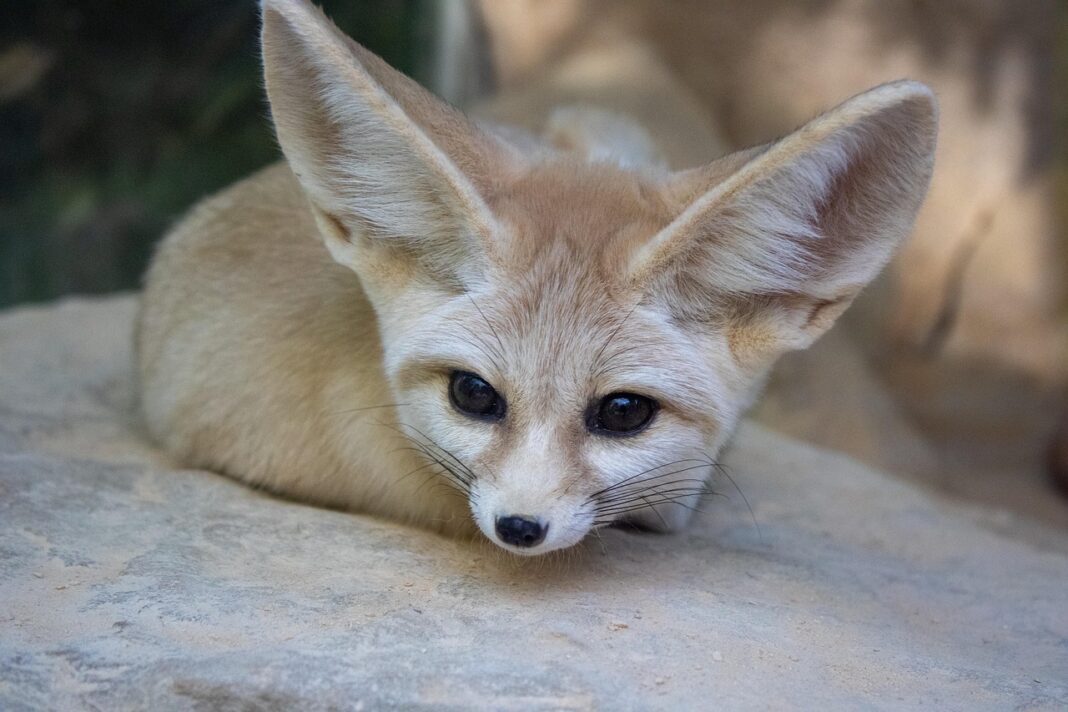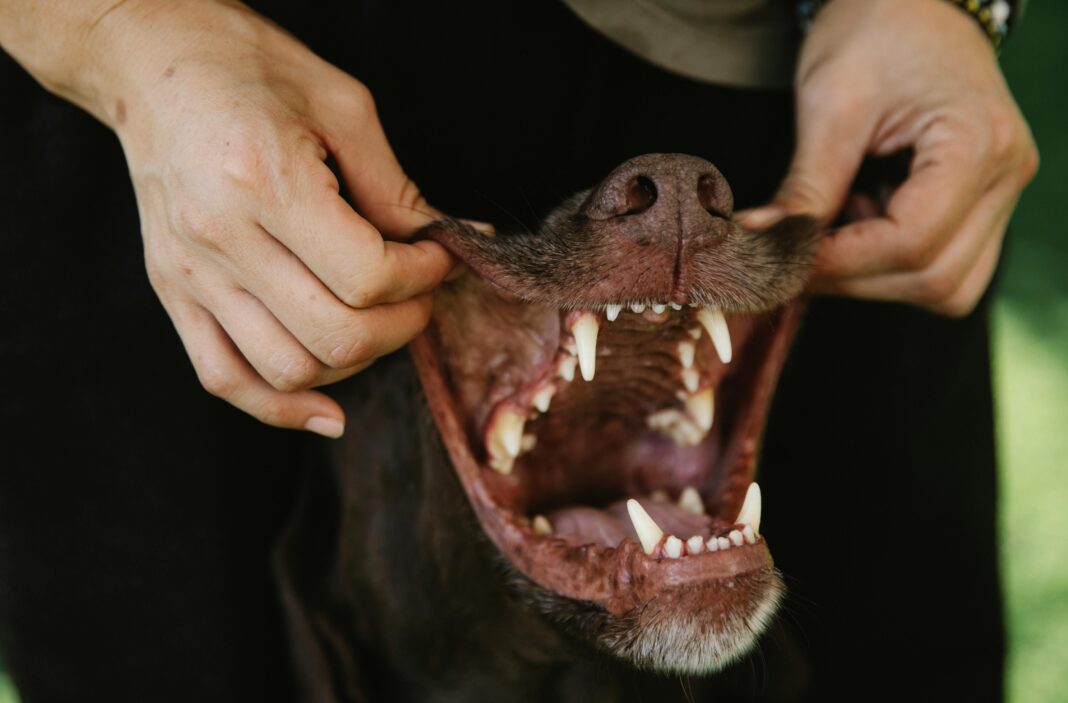Caring for exotic pets can be an incredibly rewarding experience, but it also comes with unique challenges. Their specific health needs and behaviors can differ vastly from those of traditional pets. Proper protocols are essential to ensure their well-being and longevity. In this article, we’ll explore essential health protocols, including causes of common health issues, symptoms to watch for, diagnosis, treatment, and prevention tips.
Understanding Exotic Pet Health Needs
Exotic pets come in many forms, including reptiles, birds, small mammals, and amphibians. Each species has its own set of health requirements based on their natural habitat and biology. Understanding these needs is the first step in providing adequate care.
Key Health Protocols
Whether you have a parrot, a snake, or a ferret, general health protocols include:
-
- Regular Veterinary Check-ups: Schedule routine visits with a veterinarian who specializes in exotic animals. This should include wellness exams and vaccinations as needed.
- Proper Diet and Nutrition: Research the dietary needs for your specific pet. For instance, reptiles may require a diet high in insects or specific vegetables, while birds often need a balanced mix of seeds, pellets, and fresh produce.
- Environmental Enrichment: Create an environment that mirrors your pet’s natural habitat. This includes appropriate tank sizes for reptiles or aviaries for birds. Enrichment helps prevent boredom and stress.
Common Health Issues in Exotic Pets
Understanding common health problems can help you take proactive measures.
Causes of Health Issues
-
- Dietary Deficiencies: Many exotic pets suffer from nutritional imbalances. For example, reptiles that lack UVB light may develop metabolic bone disease.
-
- Improper Habitat Conditions: Inadequate temperature or humidity levels can lead to respiratory issues in reptiles.
-
- Stress: Exotic pets are often sensitive creatures. Frequent changes in their environment or mishandling can cause significant stress, leading to various health complications.
Symptoms to Watch For
Being observant is crucial. Here are some symptoms indicating potential health issues:
-
- Change in Appetite: A sudden decrease in eating habits can signify illness.
-
- Behavioral Changes: Increased lethargy, aggression, or hiding can indicate stress or discomfort.
-
- Physical Signs: Look for anomalies such as weight loss, unusual droppings, or respiratory distress (e.g., labored breathing).
Diagnosing Health Issues
When you notice concerning symptoms, it’s essential to seek veterinary attention. Diagnosis typically involves:
-
- Physical Examination: The vet will conduct a thorough examination, assessing weight, condition, and overall behavior.
-
- Lab Tests: Blood tests, fecal exams, and sometimes imaging (like X-rays) may be required to identify underlying health issues.
-
- History Review: Your vet may ask about your pet’s diet, habitat, and any behavioral changes to aid in diagnosis.
Treatment Options for Exotic Pets
Treatment will vary greatly depending on the diagnosis. Common treatments include:
-
- Medication: This could range from antibiotics for bacterial infections in birds to antiparasitics for reptiles.
-
- Surgery: In some cases, surgical intervention may be necessary for issues like blockages or tumors.
-
- Nutritional Support: Adjusting the pet’s diet can often alleviate dietary-related health issues.
Supportive Care
Alongside medical treatments, providing supportive care is crucial. This can include:
-
- Hydration: Ensure your pet stays hydrated, especially if they’re recovering from an illness.
-
- Comfortable Environment: Maintaining a stress-free environment with appropriate heat, humidity, and safe hiding spots can promote healing.
Preventative Measures
Taking preventive steps is crucial for the long-term health of your exotic pets.
Regular Monitoring
-
- Daily Observations: Monitor your pet’s behavior and physical condition consistently. Early detection of symptoms can lead to quicker treatment.
Hygiene Practices
-
- Clean Living Space: Regularly clean cages, tanks, and bowls to prevent infections. Ensure that your pet’s environment is free from mold, bacteria, and pests.
Social Interaction
-
- Build Trust: Spend time bonding with your exotic pet. This can reduce stress and improve their overall well-being. Familiarize them with handling, creating a sense of security.
Conclusion
Caring for exotic pets requires attention to their unique health needs and proactive approaches to care. By understanding common health issues, recognizing symptoms early, and implementing preventive measures, you can ensure your exotic companion thrives in your care. Prioritize routine veterinary visits and create a rich, engaging environment to promote health and happiness in these special animals.





